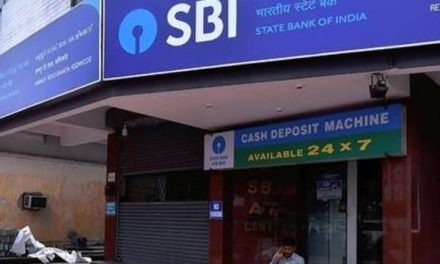Not filing Income Tax Return (ITR) before the due date is going to be costly for some taxpayers! Higher TDS will become applicable on certain incomes of some taxpayers during the current financial year if s/she missed filing ITR for AY 2021-2022 (FY 2020-2021), according to a new rule under Sections 206AB and 206CCAA. The new rule, which became effective on the 1st of April 2022, was introduced through Union Budget 2022.
According to the circular, if the ITR was not filed for the relevant previous fiscal year and the aggregate TDS and tax collected at the source exceeded Rs 50,000 that year, it would attract a high TDS. Banks will be required to check if an individual has met both conditions to attract a higher TDS.
Who are non-filers or specified persons?
Specified persons mean an individual who has not filed the returns of income for both of the two assessment years relevant to the two previous years immediately before the previous year in which tax is required to be deducted/collected. Two previous years to be counted are required to be those whose return filing date under sub-section ( I) of section 139 has expired.
An aggregate of tax deducted at source (TDS) and tax collected at source is Rs 50,000 or more in each of these two previous years.
Who will be excluded?
During the financial year 2022-23, no new names are added to the list of specified persons. Also, it is to be noted that any specified person who files a valid return of income (filed & verified) for the assessment year 2021-22 during the financial year 2022-23, would be removed from the list of specified persons. This would be done on the date of filing of the valid return of income during the financial year 2022-23.
Also, the provisions of section 206AB will not apply in case of deduction of tax on the transfer of virtual digital asset (YDA) under section 1945 of the Act to a person being an individual or Hindu undivided family, whose sales, gross receipts, or turnover from the business carried on by him or profession exercised by him does not exceed one crore rupees in case of business or fifty lakh rupees in case of the profession, during the financial year immediately preceding the financial year in which such YDA is transferred or if such person does not have any income under the head “Profit and gains of business or profession.”
The reason behind this move
“This is a taxpayer-friendly measure to reduce the burden on tax deductor and collector of checking PANs of non-specified person more than once during the financial year,” the circular said.
Similarly, section 206CCA provides a collection of tax at source (TCS) on amounts received from the buyers at rates higher than specified in the Act.











